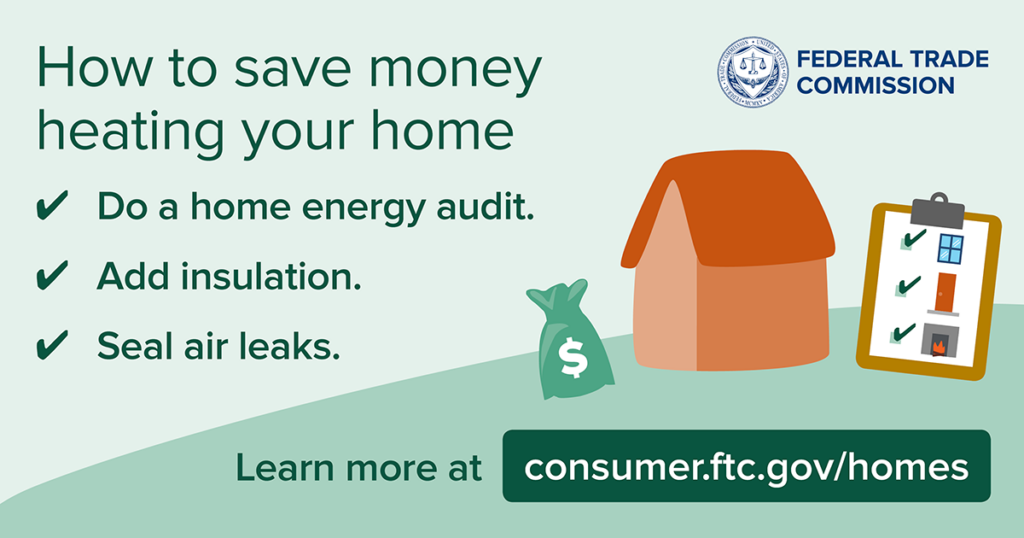How to Save Money Heating Your Home This Winter
go.ncsu.edu/readext?832973
en Español / em Português
El inglés es el idioma de control de esta página. En la medida en que haya algún conflicto entre la traducción al inglés y la traducción, el inglés prevalece.
Al hacer clic en el enlace de traducción se activa un servicio de traducción gratuito para convertir la página al español. Al igual que con cualquier traducción por Internet, la conversión no es sensible al contexto y puede que no traduzca el texto en su significado original. NC State Extension no garantiza la exactitud del texto traducido. Por favor, tenga en cuenta que algunas aplicaciones y/o servicios pueden no funcionar como se espera cuando se traducen.
Português
Inglês é o idioma de controle desta página. Na medida que haja algum conflito entre o texto original em Inglês e a tradução, o Inglês prevalece.
Ao clicar no link de tradução, um serviço gratuito de tradução será ativado para converter a página para o Português. Como em qualquer tradução pela internet, a conversão não é sensivel ao contexto e pode não ocorrer a tradução para o significado orginal. O serviço de Extensão da Carolina do Norte (NC State Extension) não garante a exatidão do texto traduzido. Por favor, observe que algumas funções ou serviços podem não funcionar como esperado após a tradução.
English
English is the controlling language of this page. To the extent there is any conflict between the English text and the translation, English controls.
Clicking on the translation link activates a free translation service to convert the page to Spanish. As with any Internet translation, the conversion is not context-sensitive and may not translate the text to its original meaning. NC State Extension does not guarantee the accuracy of the translated text. Please note that some applications and/or services may not function as expected when translated.
Collapse ▲November 12, 2021
by Colleen Tressler
Division of Consumer and Business Education, FTC
The days are getting cooler — in fact, some parts of the U.S. have already seen snow. Experts report it’s going to be an expensive winter to heat your home, but there are things you can do now to cut your energy costs.
- Do a home energy audit. It’ll tell you how efficient your heating system is and where your home is wasting energy. Your utility company may offer free or low-cost energy assessments, or refer you to someone who does. You also can check with your state or local government energy or weatherization office for recommendations, or visit Energy Savers for more resources.
- Seal air leaks around windows, doors, and places where pipes and wires come through walls. Check existing caulking and weatherstripping for gaps or cracks.
- Check ducts for holes and gaps where sections have separated and air may be leaking. You can seal some leaks yourself with mastic sealant or metal tape (don’t use duct tape).
- Bring your insulation up to DOE-recommended levels where your energy assessment shows it’s needed.
- Lower your thermostat before you go to bed or head out for the day, or get a programmable thermostat to do it automatically.
- Check filters to see if they need to be cleaned or replaced.
- Consider a budget-billing program. While you won’t pay less, your costs will be spread evenly over the year, protecting your budget from seasonal spikes. If you’re on a fixed income or have trouble paying your utility bills, contact your utility company. There may be energy assistance plans.
- Comparison shop. If you use heating oil, shop around to make sure you’re getting a good price. If you live where you can choose your natural gas provider, comparison shop for gas prices.





